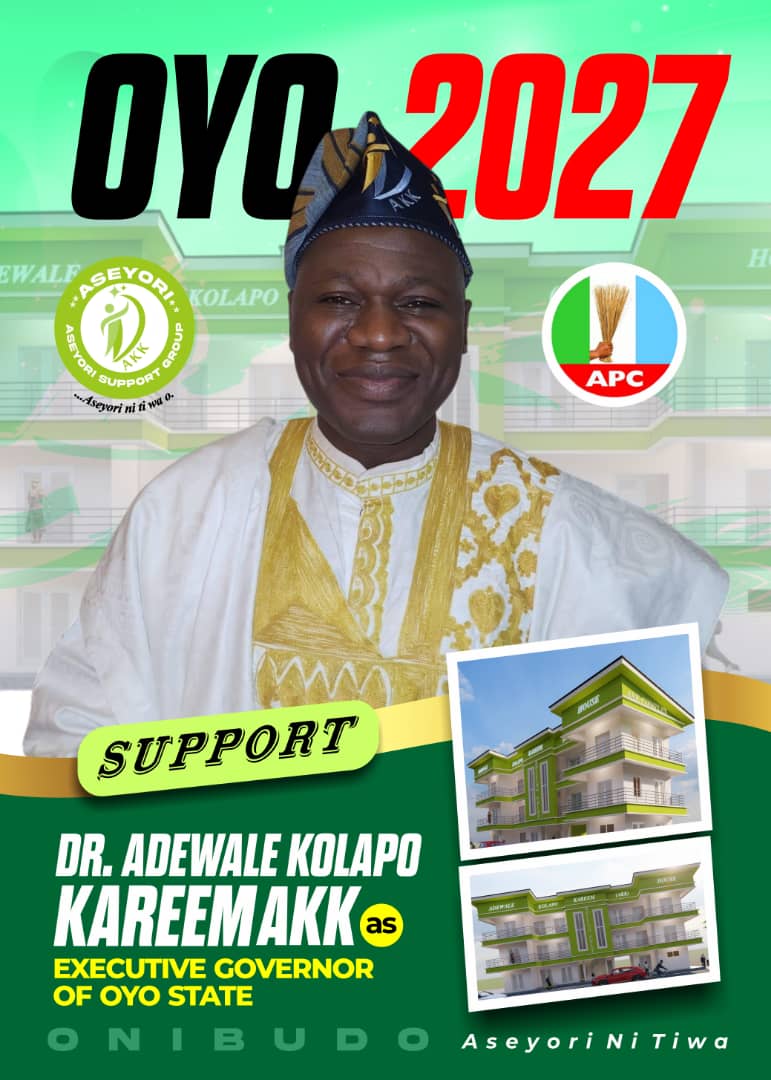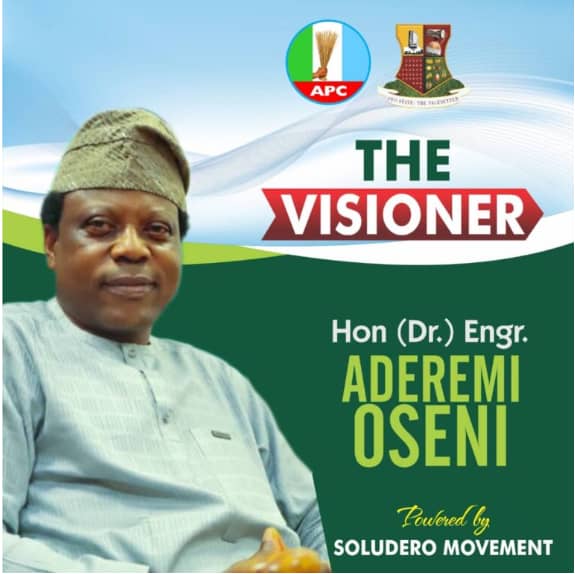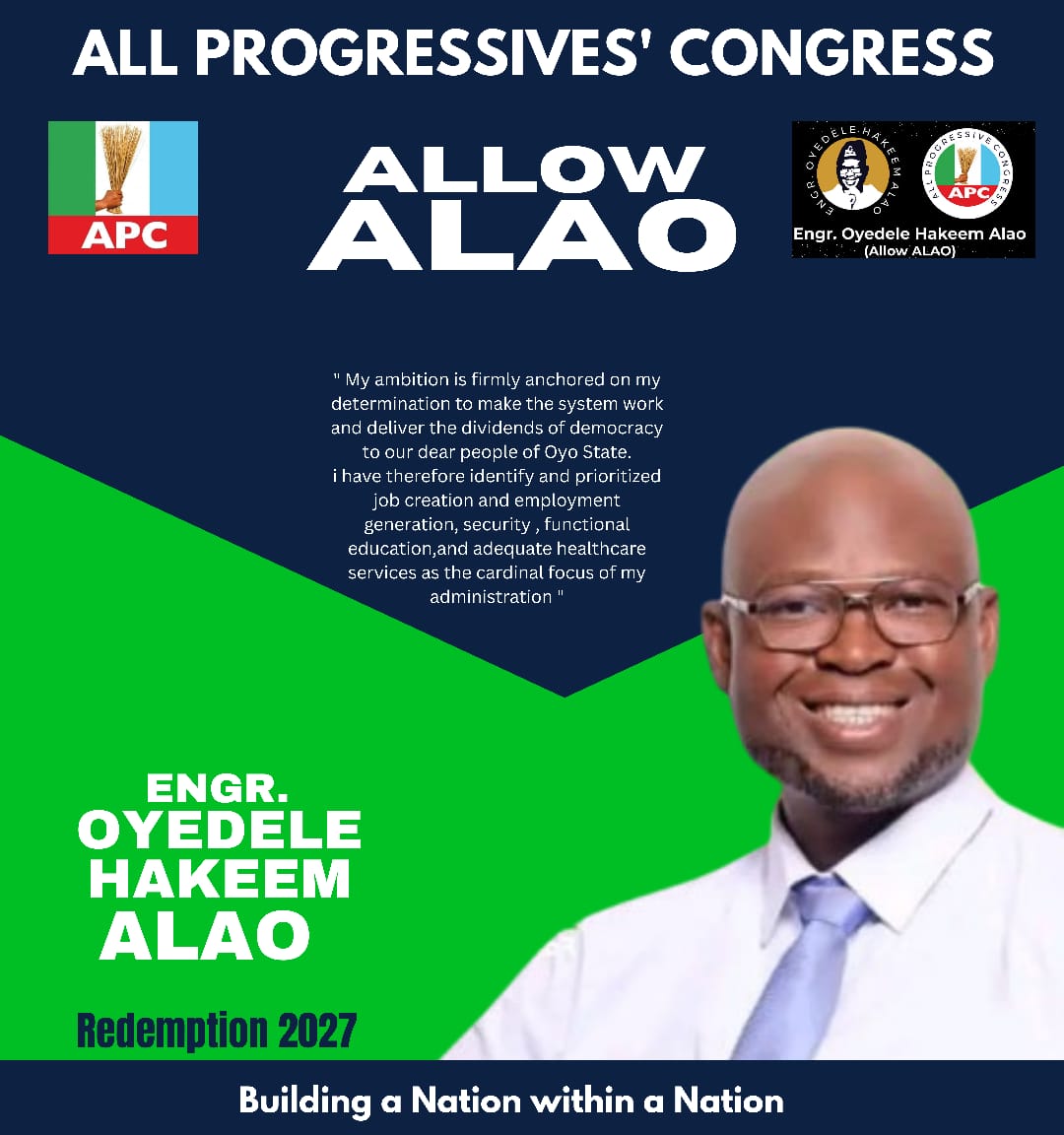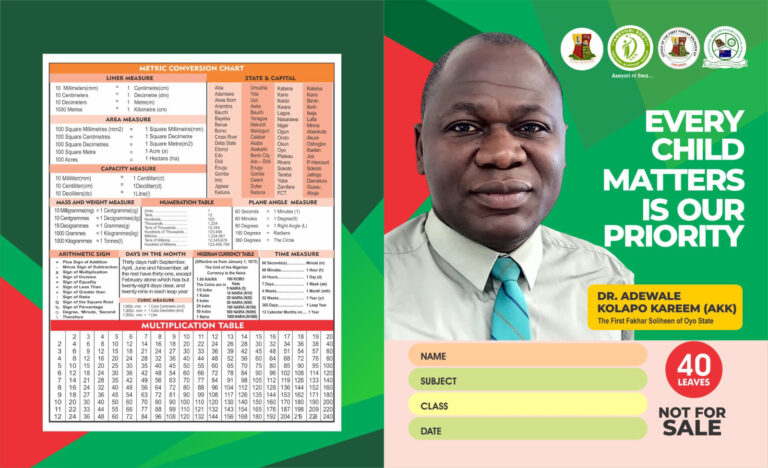

Democracy is obviously the pillar for a free and just society, it is the foundation upon which our present Nigerian environment is built.
It is also the cornerstone of our collective existence, that has allowed us to participate, to have a voice, and to shape our destiny. Hannah Arendt, a German-American philosopher and political theorist, opinionated in her book, “On Revolution” that, “Democracy, in the sense of the people’s power, is not a form of government, but a condition, a way of life, which rests on citizens’ participation.”
Democracy is the manifestation of this inherent human desire for community, for governance, and for the common good.

However, the practice of politics and democracy has often been devoid of moral considerations. Decisions, actions, and policies have been made without regard for the ethical implications, this translate to an obvious neglect of the very structure of our cultural and national ethos.

It has led to a disconnect between the rulers and the ruled, between the haves and the have-nots.

The consequences of this moral vacuum are evident in the strange laws, incomprehensible decisions, and outlawed actions that plague many societies, more so, the Nigerian society.
The absence of moral considerations has created a nightmare of injustice, inequality, and suffering. The people are left to wonder if their leaders are truly serving their interests or merely furthering their own agendas, – but what other agenda should be more than the national interest, the welfare of the populace?

Some argue that politics is not for the saints, that it is a dirty game for those willing to get their hands dirty. But I firmly believe this is a flawed orientation. Nobody is a saint because God didn’t create one, but we can always strive to act with integrity, compassion, good conscience and wisdom.
Having morals is not about being religious; it is about being human, it is about being sane. I believe moral considerations guide us to make informed decisions that reflect the true yearnings of the people.
An atmosphere devoid of moral consideration is usually unhealthy and dangerous. We have seen enough examples. Without a moral compass, leaders are prone to corruption, abuse of power, and exploitation. The implications are far-reaching: social unrest, economic instability, and sometimes environmental degradation.
On the other hand, when leaders operate with conscience and moral compass, the results are profoundly-influential. Decisions are made with the people’s interests at heart, and policies are crafted to promote the common good. This is not a utopian dream but a tangible reality.
Examples abound of societies where moral values have been imbued, motivated, and rewarded. Countries like Finland, Denmark, Canada, and a host of others consistently rank high in transparency, accountability, and human development. Their leaders prioritise the well-being of their citizens, and the results speak for themselves.

The values of moral are not expected of leaders alone; citizens are as much expected to carry this emblem. We must hold our leaders accountable and demand moral considerations in governance. We must also cultivate moral values in our daily lives, we must recognise that our individual actions collectively shape the society we live in.
The place of moral in politics and governance is a conversation we must consciously begin to have and develop interest in.
The absence of moral considerations has led to misgovernance, corruption, and vices that hinder our progress, and we cannot repeatedly take this route. It becomes important to strive for a politics that is guided by conscience, compassion, and wisdom, – only then can we build a society that truly serves the common good.
AKK 2027. Aseyori, Asejere ni tiwa ooo!